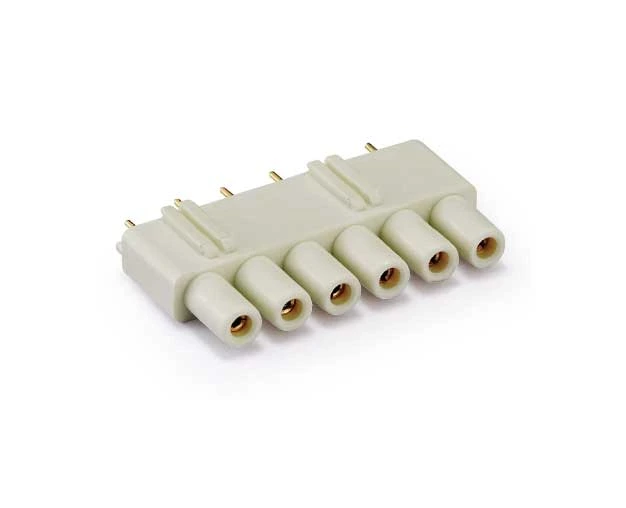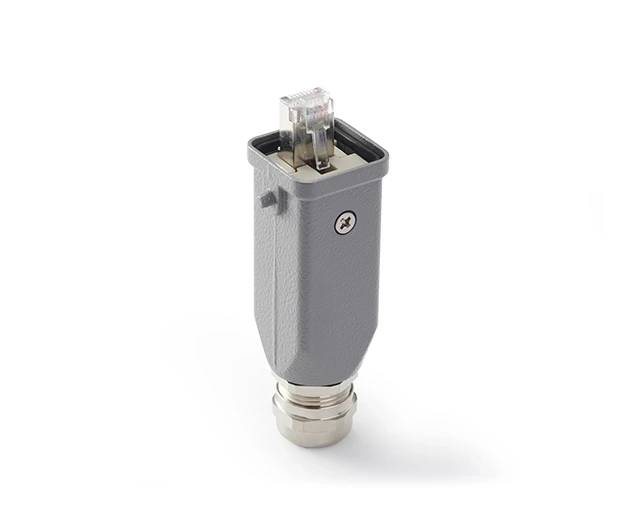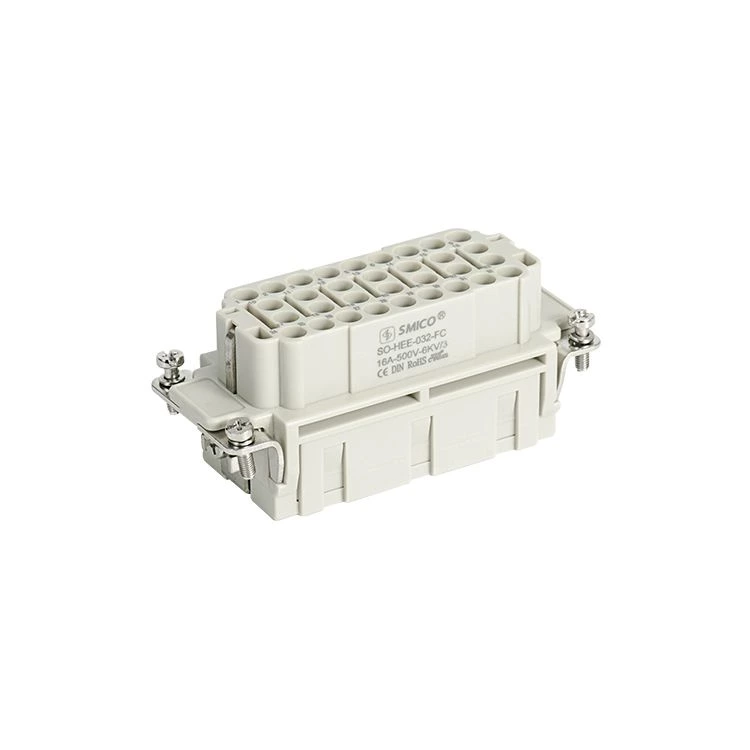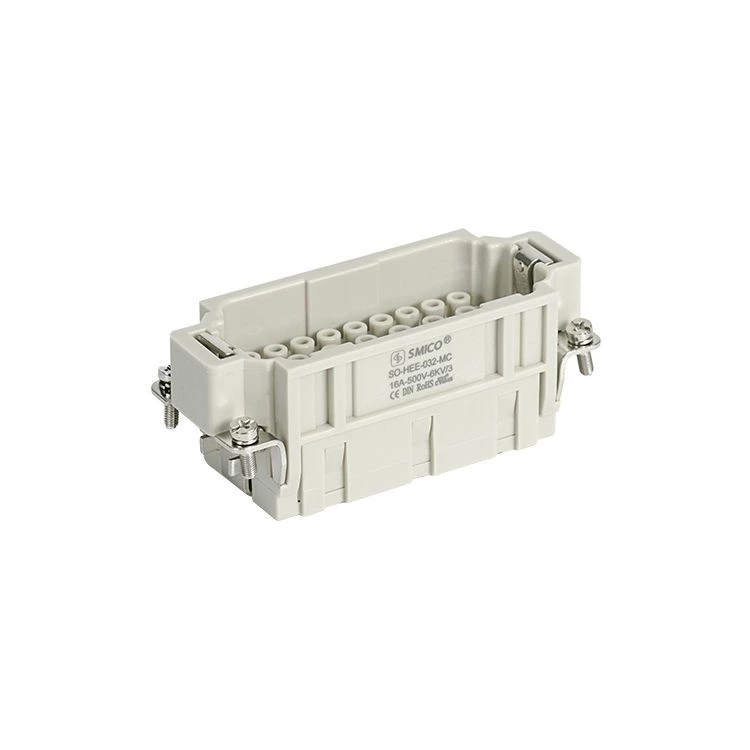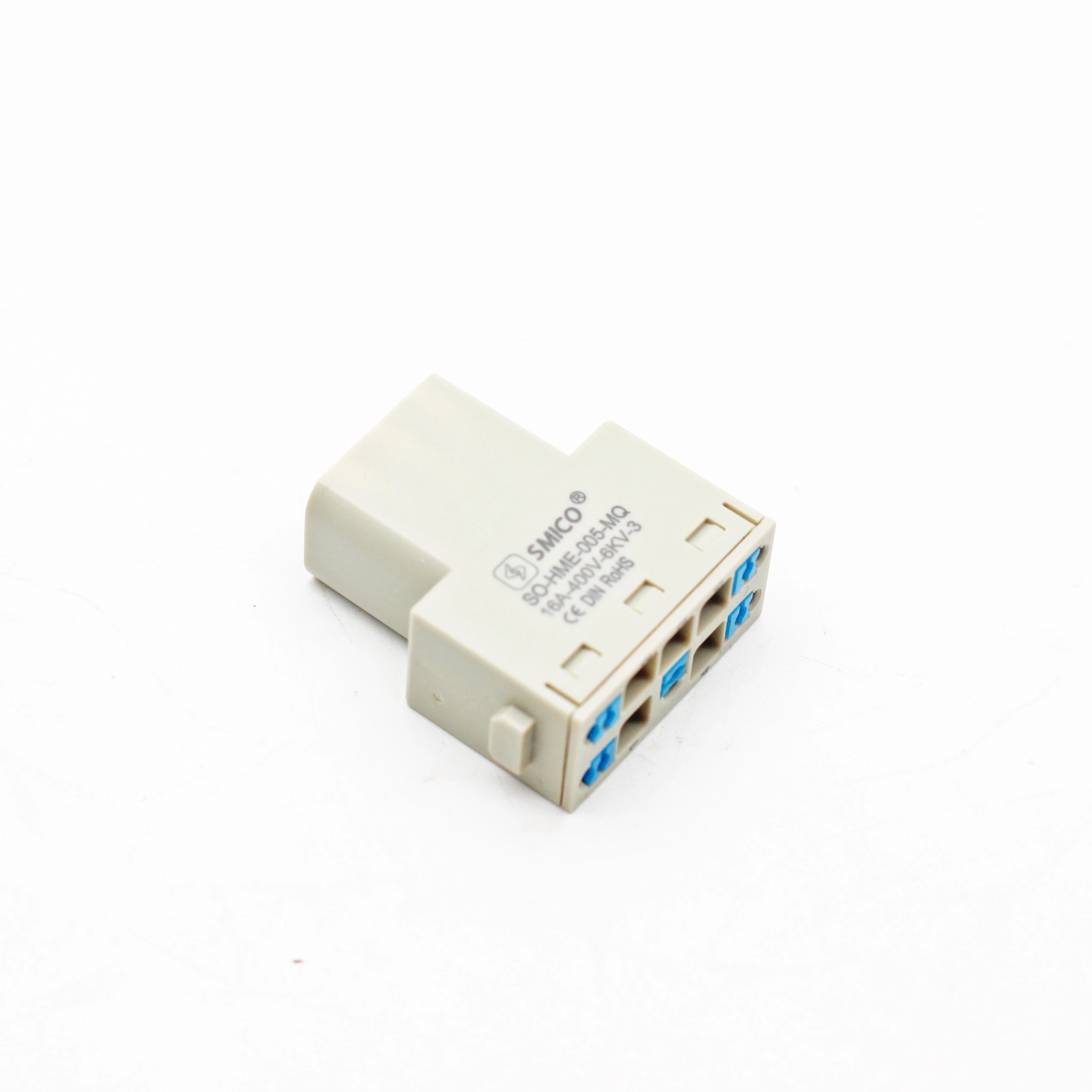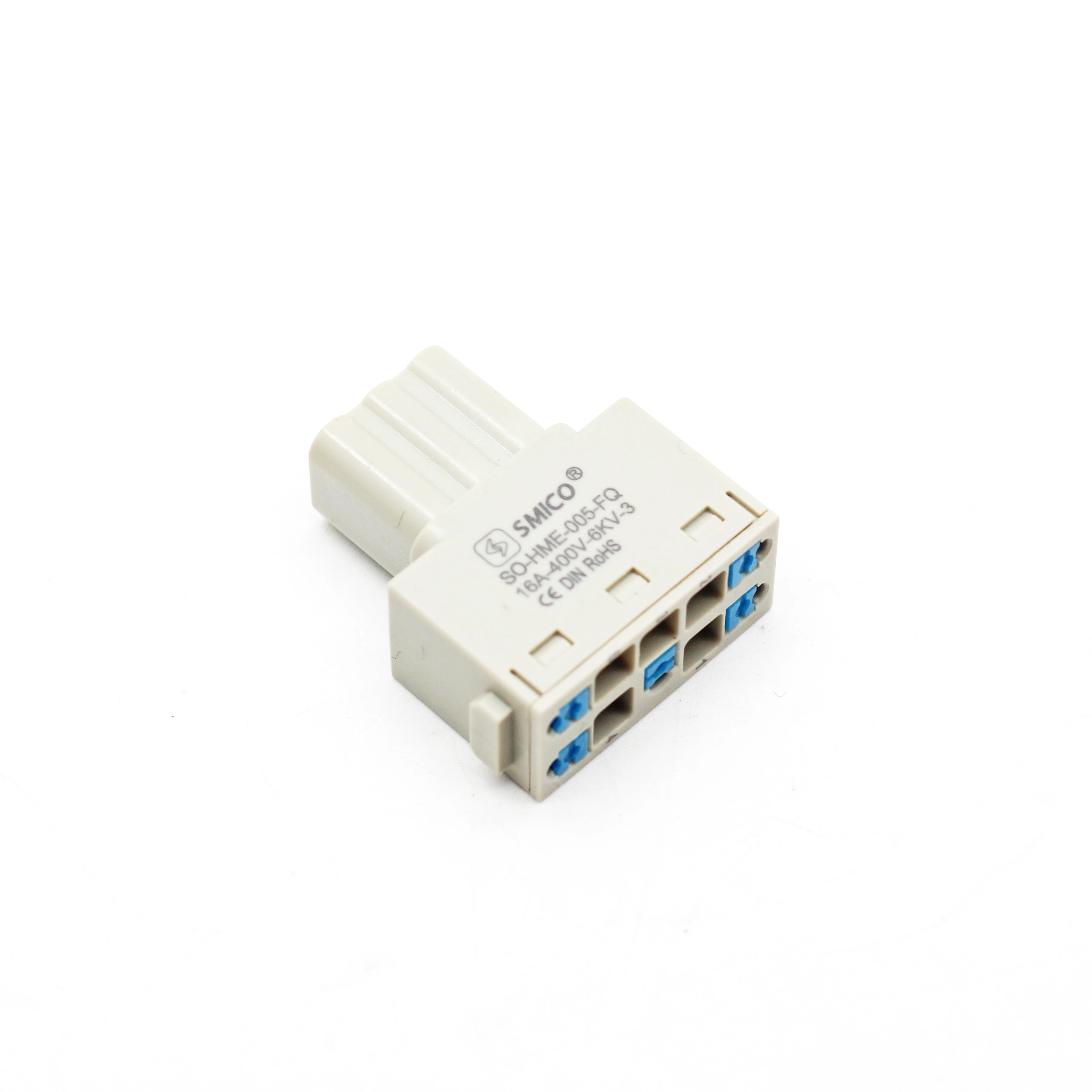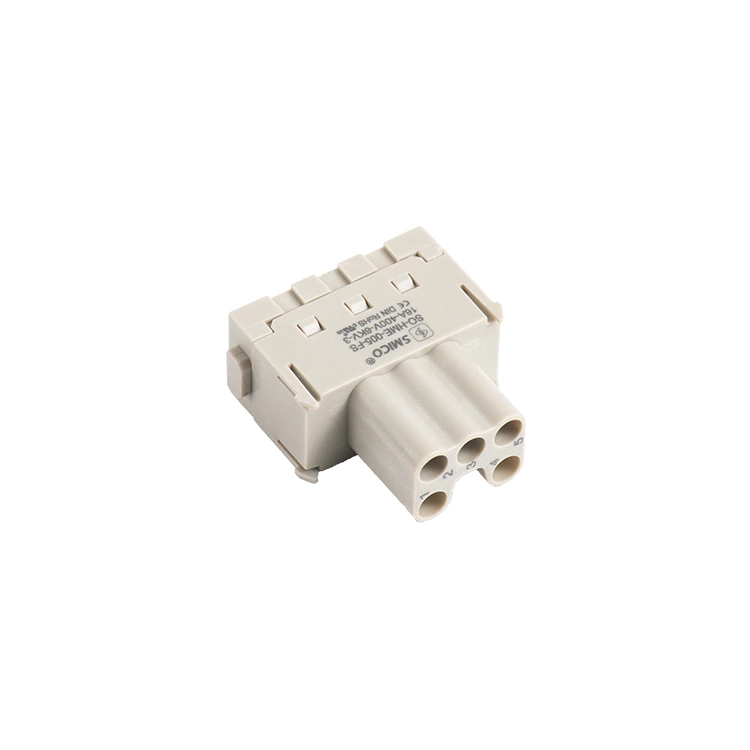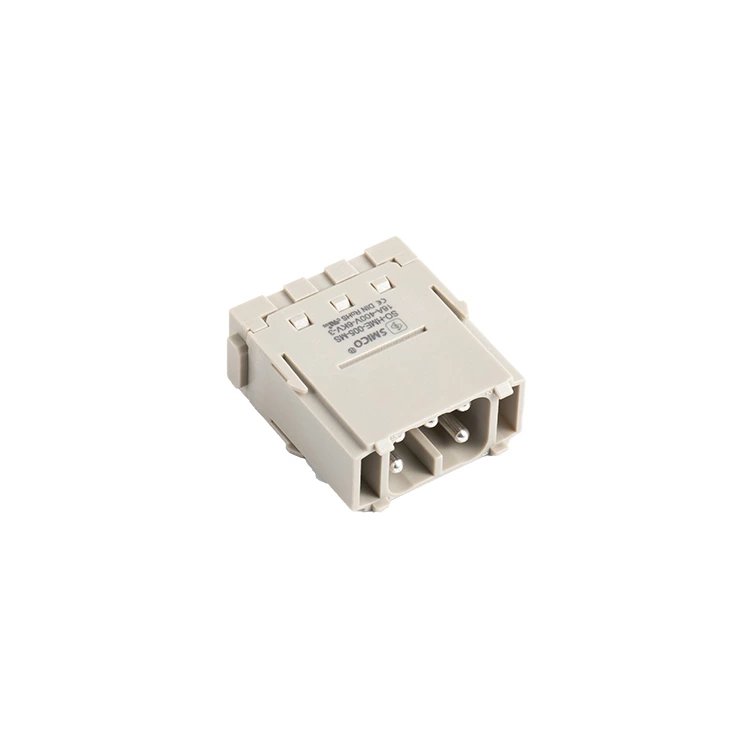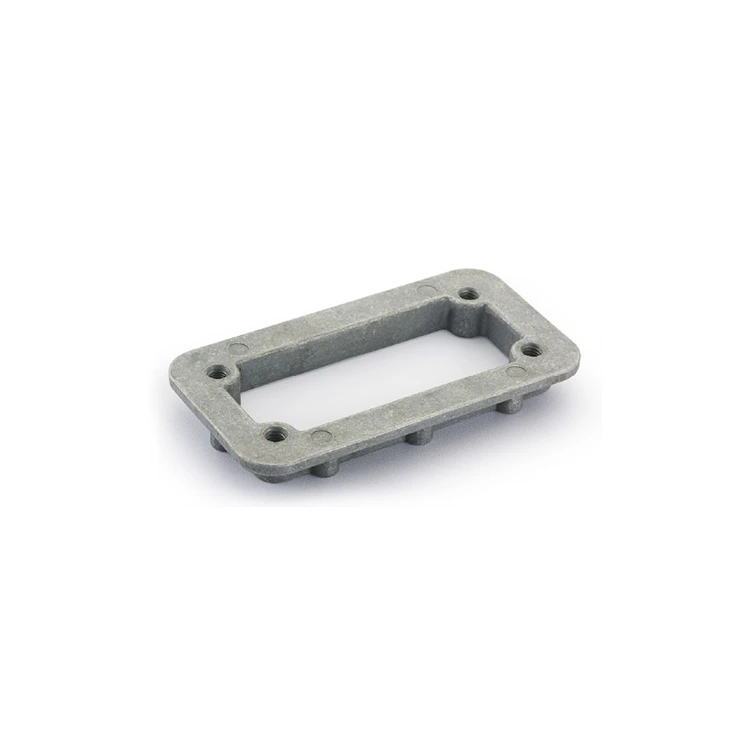China's Connector Industry Is Being Eroded, And Domestic Connectors Need To Be Saved
In all the competitions in the Heavy Duty Connector industries, the winners take the losers, which is an eternal law. The Chinese connector industry is struggling and stumbling in the wave of connectors in the world, just like an old man who has failed to achieve his goals.
Compared with China's traditional manufacturing industry, the connector industry can be regarded as an emerging industry. Its development trend has become white-hot. One by one, strong connector manufacturers are also making waves in the river of the connector industry. Similarly, small connector manufacturers can only "drown" without their own unique skills.
At present, in China's deformed connector market, major connector brands in the world have "entered" the Central Plains. Tyco Electronics, AMP Electronics, Molex, etc. are all looking forward to the Chinese connector market and waiting for the opportunity. Not long ago, Molex entered Chengdu and vowed to build the world's largest connector manufacturer. Tyco Electronics joined hands with Armageddon Energy to expand the field of solar energy systems in China, etc.
In name, China is the world's largest producer and exporter of connectors. In fact, China is the connector producer in the world whose connector industry has been "gang-raped" the most by the world.
China has the largest production base of the world's top ten connector manufacturers, and uses a large and cheap labor force to do grassroots work for them, and then the Chinese people reap meager benefits. This is an unfair deal, but the world is inherently unfair, and commercial competition is even more so. If China wants to truly make a breakthrough in this industry, it must break this situation.
The above tone is too angry, which does not mean that I have a prejudice against large connectors such as Tyco, Amp, and Molex. As a professional writer of Haolong Electronics for many years, I have been responsible for writing technical articles for large connector brands such as Tyco, Amp, and Molex. It's just that I have studied it deeply, and I feel a little "sad for its misfortune and angry for its lack of struggle" for the domestic connector industry.
In the 21st century, my country's connector industry has not gotten rid of the old clothes of "Made in China". In the field of connector production, it still remains in the labor-intensive field. The core and key components of major domestic connector technologies are still controlled by others. Only by breaking this situation can China truly realize the ambition of "Created in China".

